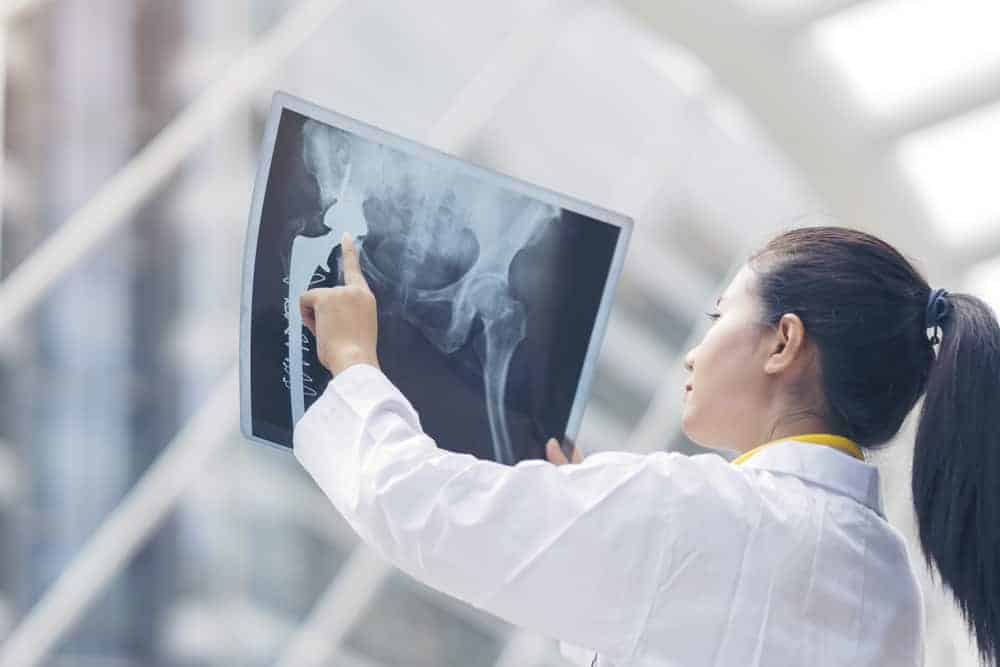For many people, finding out they need to have an MRI can cause stress. Media depictions of MRIs often focus on the heavy-duty equipment and the confined space that may be required to undergo a scan properly. While some of the elements may be true for you, going into an MRI with an understanding of what is happening and why can reduce stress. By detailing what happens during a hip MRI and how long it may take, your trip to an MRI Atlanta imaging center can be made easy.
What Is a Hip MRI?
MRI stands for magnetic resonance imaging, meaning it is a scan that uses magnets and radio waves to depict images of the inside of your body. This is done without incisions or exploratory surgery being necessary. MRIs focus on the soft tissue of the body, like muscles and organs, rather than just bones like you may see in an x-ray.
Often, an MRI will be targeted to a particular area of the body. If your hips are the area in question, a pelvic MRI will be performed. Pelvic MRIs allow a doctor to see the area between your hips, your reproductive organs, blood vessels, and hips themselves.
Doctors will request hip MRIs for a variety of reasons. You may be sent for this testing if you have unexplained hip pain or abnormal x-ray results. Trauma and birth defects can also be a cause for this imaging, as well as suspected cancer or other disorders in this region. If a hip seems to have been broken or damaged, this is a likely diagnostic procedure you will undergo.
Preparing for a Hip MRI
Because of the use of magnets, there are some precautions you will need to take before the hip MRI takes place. If you have a pacemaker or any metal inserted in your body – including in your hips – your doctor may suggest another form of testing, like a CT scan. This will include a need to remove any piercings, as well as wearing a hospital gown to avoid any metal in clothing.
For some MRIs, you will be given an injection of contrast die to help provide a clearer image of blood vessels. Your radiologist will discuss this with you in case you have any allergies that may make this unsafe.
The Process of a Hip MRI
Once you are ready for your MRI, you will be taken to the room where the MRI machine sits. It is a very large machine that looks like a plastic doughnut with a table that slides through the center. The machine may be intimidating, but an MRI is completely safe for you to enter. You’ll lie on your back on the table- depending on what injuries you have, you may be given pillows or blankets for comfort.
Once you are on the table, a technician will place coils around your pelvis and hips to improve image quality. They will then slide you into the tube and go into another room where they control the machine and speak to you over a microphone. As the scan begins, the machine may make loud noises- this is normal.
The average pelvic MRI lasts from 30 to 60 minutes depending on the number of images needed for your diagnosis. During this time, you won’t feel anything happening. You may be asked to hold your breath for small durations.
Some people have trouble being in an enclosed space for this time, and you can talk to your doctor about if an open MRI is an option for your practice and your needs.
The MRI is an outpatient procedure, so you will likely be able to leave immediately following the scan. MRI results can take days or weeks depending on how comprehensive the scans were. Once available, your doctor will review the scans with you and discuss what treatment your hips may need moving forward.
Hip MRIs in Atlanta
While the process may seem intimidating, MRIs are an innovative and important technology that help to diagnose a wide variety of problems. At AICA Orthopedics, our radiologists are highly trained in performing and reading these scans to use as a piece of your holistic care program. We will use your hip MRI for initial diagnostics, and then involve our multidisciplinary team of doctors, physical therapists, chiropractors, and radiologists to determine what the results mean and how we can best treat your hips with that information. AICA Orthopedics also offers second opinions on existing MRIs so that you can use our team’s knowledge to make the best decisions about your health moving forward.





